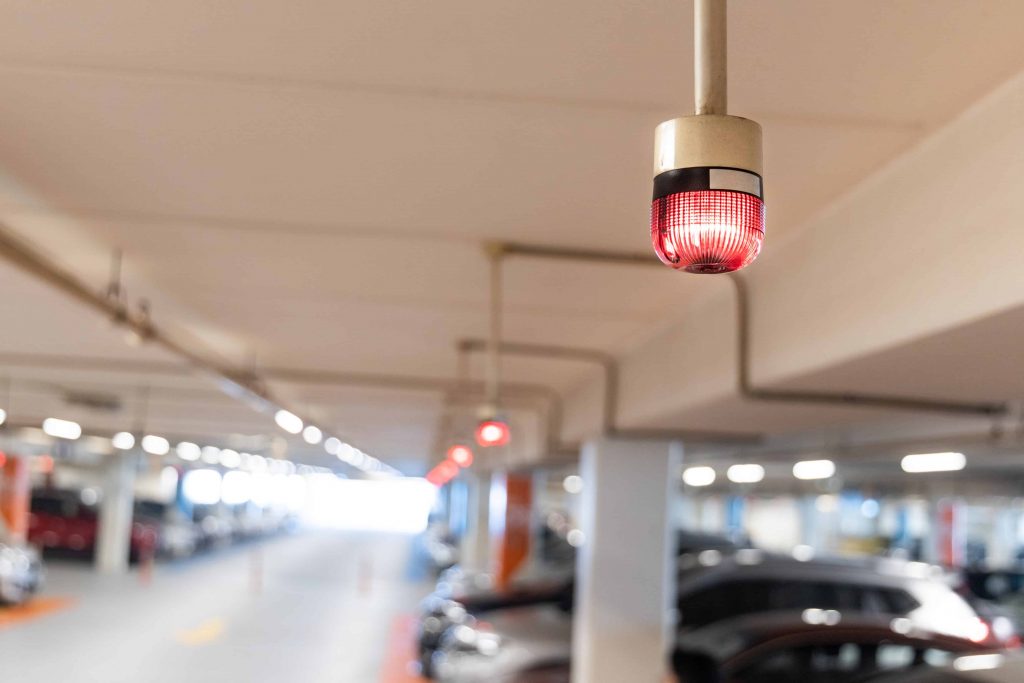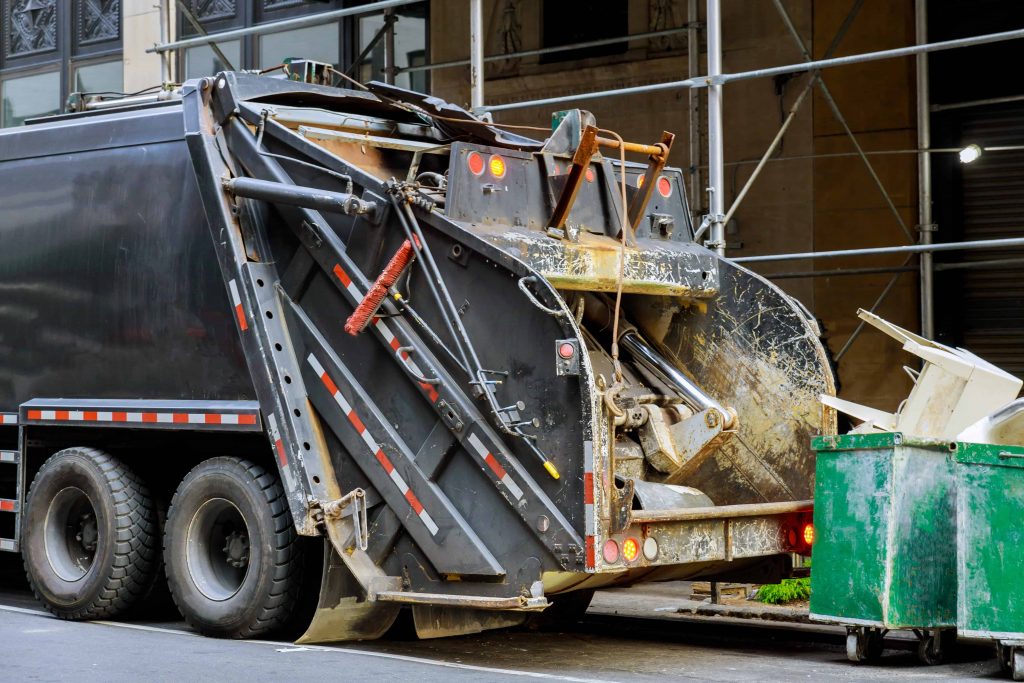Waste & material traceability solution for sustainable facilities

The word smart is now combined with nearly everything in our lives. Think about it: Smartphone, smart car, smart board, smart machine, smart robot, and many others. Among them, the smart city is one of the most important & also with the highest increase in amount. With the emerging global climate and pandemic crises, smart city technology is extending further every day. Obviously, smart city waste management is one of the constructive parts of it.
Smart city technology as a single united concept gets divided into different sub-concepts like smart city plan, smart city waste management, smart mobile governance, smart farming, smart traffic management, and countless others. Indeed smart waste management is particularly important when it comes to dealing with limited space and, most significantly, climate change.
Smart waste management starts from the households and covers the process until the sale of the recycled product. Several smart waste management software & hardware solutions implement an innovative city plan on waste management. The smart city waste management process has several steps with thousands of details of the solutions step by step.
In traditional waste management systems, waste collection is based on fixed routes for the collection trucks. The number of trucks and their routes is generally updated hardly ever or never based only on driver reports and filed demands. On the other side, in case of an incident in a neighborhood regarding waste management, for example, bins, citizens need to call the municipality or write down complaints to get the problem solved, which takes so much effort and time to resolve.
With smart waste management using IoT, smart sensors and RFID systems get added to waste management to receive continuous data. IoT-based waste management solutions can be used to divide waste into recycling categories. It also allows tracking if the citizens and businesses in that area comply with those categories, thanks to waste management sensors and other hardware. You can track:

Also, when it comes to filing a complaint or report to the local authorities, mobile governance and mobile applications under smart city technology can be beneficial and time-saving. A citizen can request additional waste pick-up and report problems with the bins or the drivers. Through these features and benefits, citizen satisfaction & happiness can be ensured at a higher level and make neighborhoods smarter.
While collecting the waste, if the routes are fixed and not integrated with bin capacity or traffic trends. It may cost the waste management business or municipality thousands of dollars extra. With Route Optimization, algorithms create the best routes depending on the demand from the citizens calculated by the bin capacity.
Also, with route optimization software benefits, it becomes possible to track driver behavior. You can track:
With improved driver behavior, routes become more efficient & safer at the same time by preventing potential accidents. Lastly, with a smart city waste management solution, you can keep track of truck maintenance needs and avoid technical problems during transportation.

After the waste is collected and delivered to waste management centers, it needs to follow a few more steps until it gets fully out of the process. In these facilities, efficiency is one of the most important topics. In integrated waste management for a smart city provided by local authorities or private businesses, they need digital tools to track staff performance.
These tools and applications enable receiving reports on the current state and performance levels from a single center. Also, these technologies can be combined once again with sensors & RFID devices to support asset management in smart waste management using IoT.
To summarize, smart city technology is now available with all these features to be implemented as integrated waste management for a smart city!
As Evreka, we provide all these smart city waste management software & hardware solutions with ease to make our cities smarter and greener every day. Contact us now to make your organization a major part of this revolution!